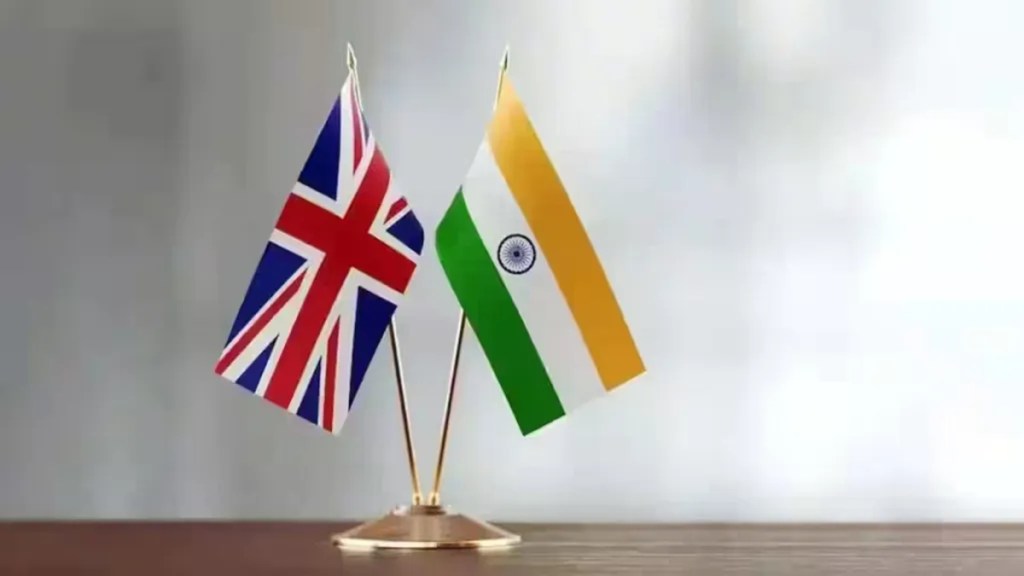India and the UK will sign a free trade agreement (FTA) – officially called Comprehensive Economic and Trade Agreement (CETA) – on Thursday to give a major fillip to their bilateral trade at a time when the world reels under the trade shocks emanating from the US.
Free Trade Agreement
The agreement will be signed by commerce and industry minister Piyush Goyal and UK’s secretary of state for business and trade Jonathan Reynolds in the presence of prime minister Narendra Modi and UK premier Keir Starmer.
Both sides started negotiations in January 2022 and on May 6 announced the conclusion of the pact.
The agreement will allow 99% of the Indian exports to enter the UK duty free and cover almost 100% of the trade in value terms. For the UK, India will reduce or eliminate duties on 90% of the tariff lines that account for 92% of the imports.
The gains for both sides will be across manufacturing, agriculture and services sectors. The duties on cars will be brought down to 10% from over 100% by India in stages for a limited number of vehicles. In return India-made electric vehicles and hybrids will get preferential access to the UK market under similar terms.
On beverages like whiskey and gin, India will be bringing down import duties to 75% from 150% immediately. Later over the next 10 years the duties will come further down to 40%. India imported $ 357 million worth of beverages from the UK in FY25.
After the duty reduction labour intensive and traditional exports from India like textiles, footwear, carpets and marine products will have zero duty access to the UK. Currently these products face 4-16% duties
Excluded sectors
Sensitive items for India like dairy products, apples and cheese excluded from the offer. The FTA also excludes domestic sectors from liberalisation, such as sugar, milled rice, pork, chicken, and eggs.
In the agri and farm sector India will allow tariff-free access for UK agri food, such as fresh and frozen salmon and cod, and lamb. UK’s perfumes, cosmetics and toiletries will also see a cut in import duties by India in stages.
Another big gain for India is in the services sector. Through the agreement visa process will be streamlined for movement of professionals to supply services as a part of the contract, transfer to a branch of their organisation or to attend conferences. This will benefit professionals and businesses across a wide range of sectors including engineering and architectural services, accountancy services, and management consultancy.
Services trade between India and the UK is bigger than goods trade. India’s services exports to the UK in 2024 stood at $ 19.90 billion while services imports were $ 13.67 billion. While goods exports from India were $ 14.5 billion and imports were $ 8.9 billion in 2024-25.
Apart from tariff cuts and market access the agreement deals with issues of environment, gender, small and medium enterprises, digital trade, public procurement, intellectual property, rules of origin, trade facilitation, dispute settlement and sanitary and phytosanitary measures.
Alongside the FTA, the UK and India have agreed to a Double Contributions Convention (DCC). The DCC will ensure that employees moving between the UK and India, and their employers, will only be liable to pay social security contributions in one country at a time.
The DCC will also ensure that employees temporarily working in the other country for up to 3 years will continue paying social security contributions in their home country, preventing the fragmentation of their social security record. This will ensure savings of around 20% of salary and is expected to benefit more than 60000 employees from the IT sector alone. Benefits to Indian companies and employees to exceed Rs.4000 crore.

